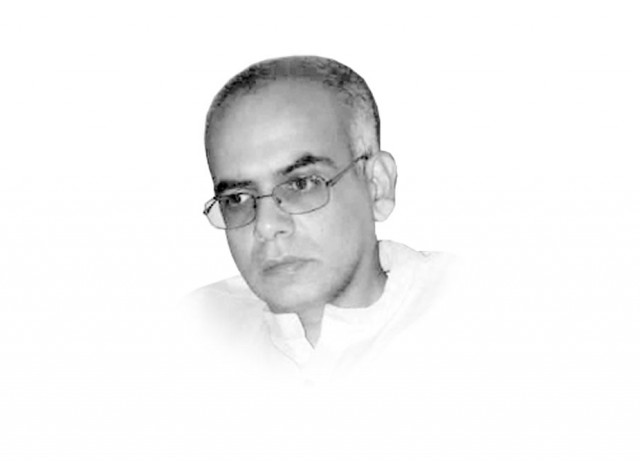Glaring global disparities
Policymakers need to take a proactive stance in pushing through progressive taxation.

The writer is a post-doctoral fellow at McGill University

The above calculation was undertaken by the development advocacy organisation, Oxfam, which has released a very interesting briefing paper entitled “Working for the few: Political capture and economic inequality”. Furthermore, Oxfam estimates that the wealth of the richest one per cent in the world today amounts to $110 trillion, or 65 times as much as the amount of money that the poorest half of the world has. Despite legitimate fears that such concentration of economic resources is the underlying cause of political instability and rising social tensions, the global elite seems in no mood to share their growing slices of the pie.
Examples of the global elites co-opting the political process and rigging the rules of the economic system in their favour abound. Consider, for instance, the insistence of adopting growth and market-based policies by entities like the World Bank and the IMF, which tend to invariably help the existing global elite further consolidate their power within and across countries. The evident influence exerted by powerful business lobbies and transnational corporations in determining national and international economic policies provide another indication of this phenomenon of wealth concentration.
The Oxfam report also supports the above observations and particularly points out how the rich have successfully wielded political influence to skew policies in their favour on issues ranging from financial deregulation, tax havens, anti-competitive business practices, to lower tax rates on high incomes and cuts in public services for the majority. Since the late 1970s, tax rates for the richest have fallen in 29 out of 30 countries for which data was analysed.
Despite all the talk of global progress, around 70 per cent of the world’s population resides in countries where inequality has increased since the 1980s. Even the World Economic Forum recognised this problem in its “Outlook on the Global Agenda 2014’” which identified widening income disparities as the second greatest worldwide risk in the near future. The World Economic Forum, however, needs to make the commitments needed to counter the growing tide of inequality, rather than exacerbating it by endorsing the very policies which help this concentration of wealth to persist and be further compounded. Financial deregulation, skewed tax systems and austerity-based economic policies disproportionately harm the poor.
Oxfam has euphemistically called on the ‘super-wealthy’ to take a personal pledge to tackle the problem by refraining from dodging taxes or using their wealth to seek political favours. Instead of hoping that the rich will agree to axe their own foot, it is necessary to apply more pressure on individual governments and multilateral agencies espousing lofty goals such as that of ‘fighting global poverty’ to do more.
Pursuit of the lingering goal of eradicating global poverty need not remain indefinitely elusive. Latin America, for example, has significantly reduced inequality in the last decade through more progressive taxation, public services, social protection and ensuing decent work. Policymakers within more governments and development agencies need to take a proactive stance in pushing through progressive taxation, and resisting pressure from elite interest groups to formulate lop-sided policies, which undermine public interests of their fellow citizens.
Published in The Express Tribune, February 21st, 2014.
Like Opinion & Editorial on Facebook, follow @ETOpEd on Twitter to receive all updates on all our daily pieces.















COMMENTS
Comments are moderated and generally will be posted if they are on-topic and not abusive.
For more information, please see our Comments FAQ